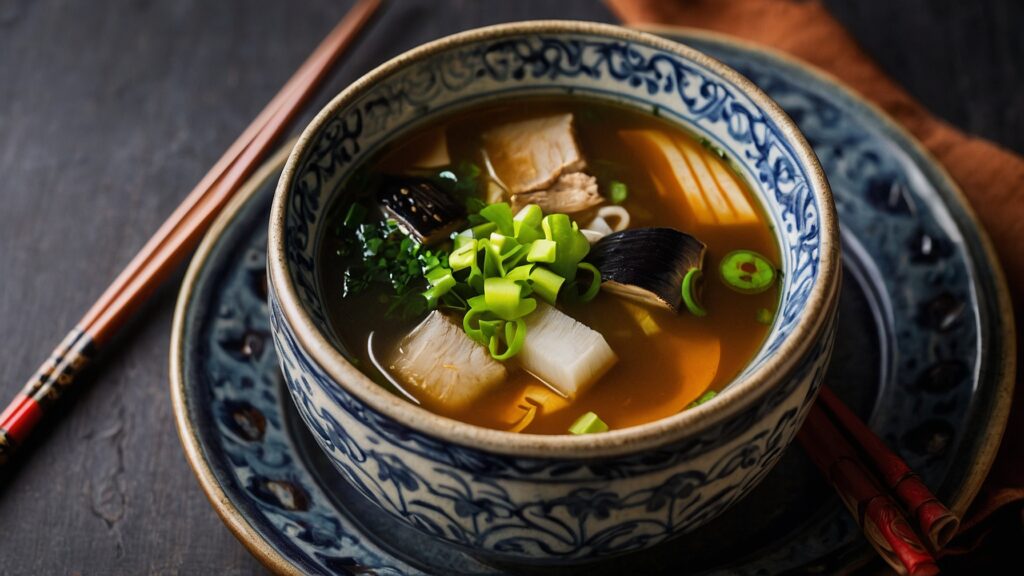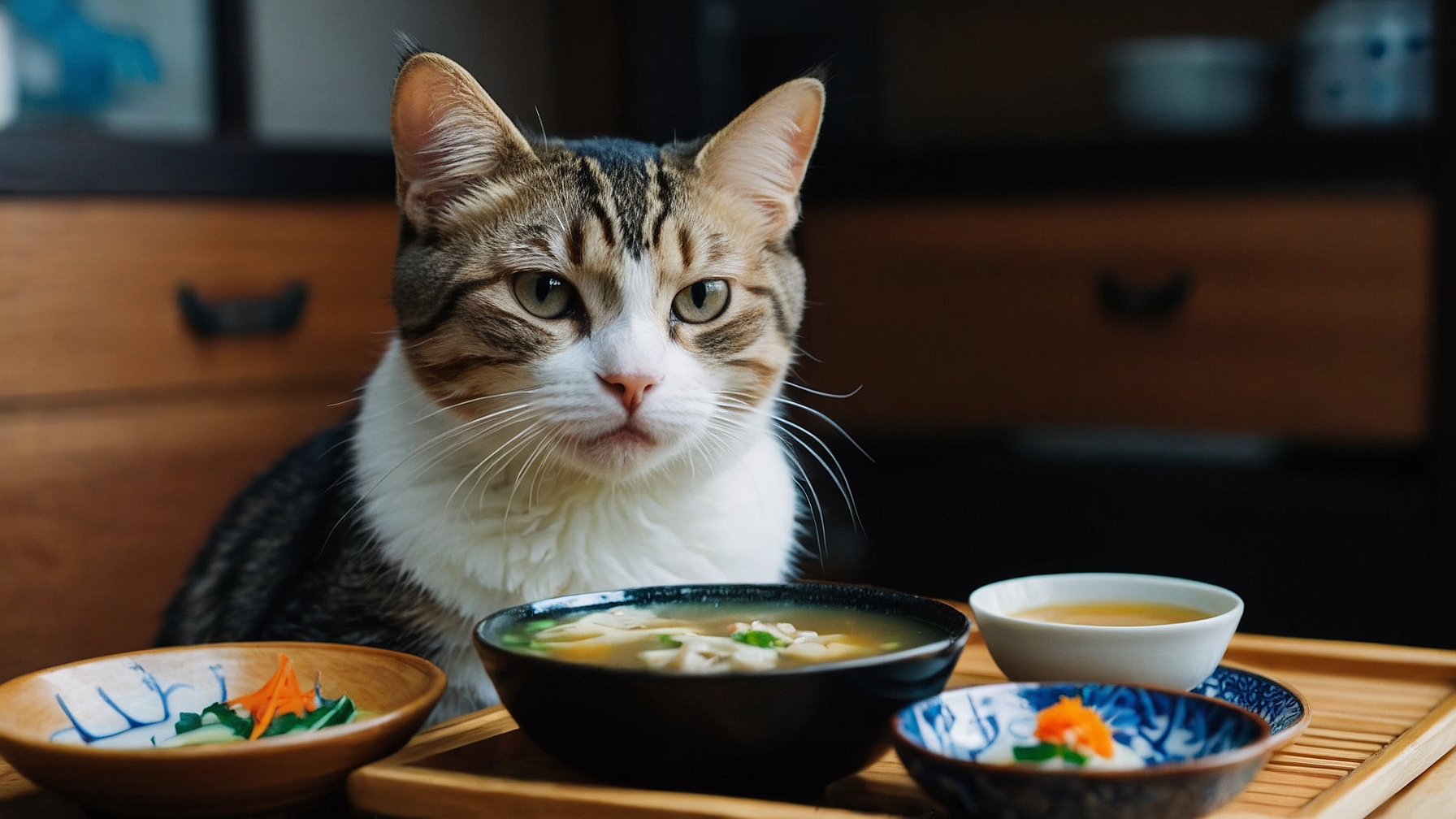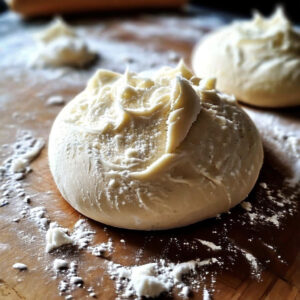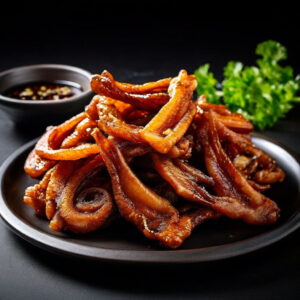Have you ever wondered if you can share a spoonful of your miso soup with your curious feline friend? Miso soup is a traditional Japanese soup made from a fermented soybean paste called miso. It has become popular worldwide for its savory umami flavor and health benefits. But is this human food safe for cats to eat?
Cats are obligate carnivores meaning they depend on meat for complete nutrition. Their bodies are not designed to digest plant-based foods well. While small amounts of people food are generally fine, feeding cats incorrect foods long-term can lead to serious health issues.
This article will explore whether cats can eat miso soup, the dangers of miso for cats, safer ways to feed soup to cats, tips for feeding cats human food sparingly, and when to call the vet after your cat eats miso soup.
Table of Contents
Can Cats Eat Miso Soup?
While cats may be tempted by the smells of a warm bowl of miso soup, it is not recommended for feline consumption. Miso paste contains very high levels of sodium as well as soybeans, both of which can be harmful to cats if consumed in large quantities.
The dashi stock used in miso soup may also be made from fish or kelp which could potentially cause digestive upset in cats not used to fish-based broths. Many miso soup recipes also incorporate garlic, onions, or scallions which are toxic for cats.
So while the occasional lick of miso soup is unlikely to harm an adult cat,routinely feeding cats miso soup or allowing them to eat a bowlful can be dangerous and should be avoided. It’s better to be safe than sorry when it comes to cats and people food.
Dangers of Cats Eating Miso Soup

There are a few reasons why miso soup may be harmful for feline health and should be limited or avoided as a human food treat for cats:
- High Sodium Content: The main ingredient in miso paste is soybeans fermented with salt, which results in very high sodium levels. Too much sodium can lead to hypertension, kidney damage, and even stroke in cats.
- Allergies or Intolerance: Some cats may have an allergy or intolerance to soy-based ingredients. Consuming miso soup could trigger GI upset, itchy skin, or other allergy symptoms.
- Digestive Issues: The ingredients and spices in some miso soups may cause vomiting, diarrhea, gas, or belly pain if the cat’s digestive system is not accustomed to them.
- Toxic Ingredients: Recipes with onion, garlic, or scallions contain compounds that are toxic for cats and can damage their red blood cellsleading to anemia.
While a small taste may be tolerable, it’s safer to avoid feeding cats spoonfuls of miso soup, which could result in an upset stomach or other harmful effects from excessive sodium, soy, or toxic seasonings.
Healthier Ways to Feed Soup to Cats
If your cat seems interested in slurping human soups and broths, there are some safer ways to allow them an occasional taste:
- Low-Sodium Chicken or Fish Broth: Offer a spoonful of no-salt-added chicken or fish broth warmed to room temperature. This provides a safe flavor without health risks.
- Plain Meat: Cook a bit of unseasoned chicken, fish, beef or egg in water to make a simple, cat-safe “broth”. Cool before feeding.
- Kitten Formula: For a nourishing fluid treat, dilute a little canned kitten formula with extra water.
- Cat-Safe Broth Ingredients: Simmer peeled plain pumpkin, carrots, sweet potatoes, or bonito flakes to create a broth. Cool before serving.
By limiting the amount and avoiding risky ingredients like garlic and onions, you can allow cats an occasional taste of broth and soup in a safer manner. But miso soup specifically should be off the menu.
Feeding Cats Human Food Occasionally But Sparingly
While people food should not make up a significant portion of any cat’s diet, most feline experts agree thatoffering small tastes of cat-safe human foods is unlikely to cause harm. Here are some tips on feeding people food to cats responsibly:
- Avoid Additives: Choose plain boiled chicken over seasoned products with onions or garlic. Skip buttery popcorn or salty chips which can be too high in fat and sodium.
- Just a Bite: A bite or two should satisfy your cat’s curiosity. Resist the urge to share more as treats. Overindulgencecan lead to obesity or other issues.
- Not Every Day: People foodshould be an occasional treat, not a daily routine. Stick to your cat’s normal diet day-to-day for good nutrition.
- Cat-Safe Options: Some human foods are perfectly fine for cats in moderation, like small pieces of plain meat, eggs, or plain yogurt. Seek out healthy choices.
- Separate Mealtimes: Feed people food apart from your cat’s regular meals so it does not replace their complete cat food diet.
With self-control and smart choices, sharing snippets of your human food can be a safe rare treat. But tipping the scales too far by routinely overfeeding inappropriate foods can put cats’ health at risk. Miso soup falls firmly on the “do not feed” side of the equation.
When to Call the Vet After Your Cat Eats Miso Soup
Miso soup is not toxic to cats in tiny amounts, so there is no need to panic or rush to the ER if your cat sneaks a slurp from your bowl. But if your cat consumes a significant quantity of miso soup, you should monitor them closely for concerning symptoms that require a vet visit.
Call your vet promptly if you notice any of the following:
- Repeated vomiting or diarrhea
- Loss of appetite or refusal to eat
- Lethargy, weakness, or unsteady gait
- Apparent discomfort or belly pain
- Changes in urination frequency or volume
- Hiding or unusual behavior changes
Symptoms appearing within 12 hours after ingesting miso soup likely indicate a GI upset from the food itself. Issues arising 12+ hours later could signal sodium toxicity or other kidney problems.
If symptoms last more than 24 hours without improvement, take your cat to the vet right away. Timely treatment greatly improves the prognosis. It’s much safer to call the vet and find out miso did not cause serious issues than to wait and allow your cat to become dehydrated, ill, or worse.
The Verdict: Skip the Miso Soup for Cats
Miso soup may smell tempting to curious kitties, but it does not provide good nutrition for cats andcan pose safety risks if over-consumed due to the high sodium content. Feeding small tastes here and there of properly prepared cat-safe human foods is unlikely to cause harm, but miso soup should be avoided.
Cats benefit most from sticking primarily to a balanced commercial cat food diet recommended by their veterinarian. Offer safe homemade cat treats only in moderation. While cats may beg for a taste of your miso, for their health and safety it’s best not to share. Monitor your cat closely if they inadvertently ingest miso soup and call your vet promptly if any concerning symptoms develop.
Conclusion
In closing, miso soup is a delicious food for humans but should be avoided for feline friends. The high sodium content can endanger cats’ health over time by causing hypertension, kidney disease, cardiovascular damage and more. While tiny tastes may not be immediately harmful, it’s safest to keep miso soup completely away from cats’ food bowls. For those determined felines that steal sips of soup, monitor closely for concerning symptoms and call your vet promptly if any develop.
With so many risks and no nutritional benefits, it’s clear that cats are better off avoiding miso soup altogether. A commercially balanced cat food diet recommended by your veterinarian remains the healthiest approach. Say “no” to sharing miso soup with cats, and “yes” to keeping your kitty safe.
Frequently Asked Questions
Is it OK if my cat licks a little miso soup?
A tiny taste likely won’t harm an adult cat, but it’s best not to let them lick it since routinely consuming miso soup poses health risks for cats.
Can kittens have a little diluted miso broth?
No, kittens should not consume miso products due to the risks from sodium and allergies. Kitten formula diluted with water makes a safer “soup” treat for cats under 1 year old.
What if my cat drinks some dashi stock made for miso soup?
Dashi stock can upset some cats’ stomachs. Monitor for vomiting/diarrhea and call your vet if symptoms concern you or last over 24 hours. Do not purposefully let your cat drink dashi stock.
Are miso-glazed fish or chicken safe for cats?
No, avoid giving cats any people food glazed or seasoned with miso paste since it likely contains very high sodium levels unhealthy for cats.
Could eating miso soup give my cat a heart attack?
Miso’s very high sodium content can put stress on cats’ hearts and lead to hypertension or cardiovascular issues if they regularly consume it. Heart attacksare rare but it’s best to keep miso away from cats.
References and Further Reading:
- The spruce pets. Human Foods That Are Poisonous to Cats. https://www.thesprucepets.com/human-food-and-cats-551947
- Hills pet. Human Foods to Avoid Giving to Cats. https://www.hillspet.com/cat-care/nutrition-feeding/human-food-as-snacks-for-cats?lightboxfired=true




